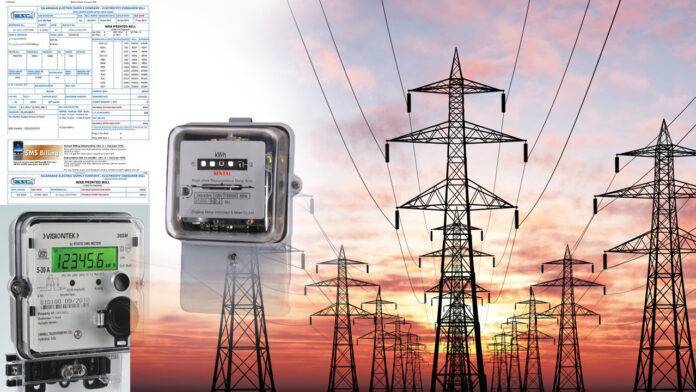North Korean leader Kim Jong Un reaffirmed his nation’s commitment to prevailing in what he described as an “anti-imperialist, anti-U.S.” confrontation, as the country commemorated the anniversary of the Korean War armistice, according to state media reports on Sunday. During a visit to the country’s war museum ahead of the observance, Kim declared that North Korea would ultimately succeed in building a prosperous state supported by a powerful military, emerging as a “victorious force” against imperialist adversaries, as reported by the Korean Central News Agency (KCNA).
The occasion marked the signing of the Korean War armistice on July 27, 1953, a ceasefire agreement that formally ended hostilities in the three-year conflict. The agreement was signed by U.S. military representatives on behalf of the United Nations forces, alongside China and North Korea, resulting in a divided Korean Peninsula with the Demilitarized Zone (DMZ) still in place today. While South Korea does not commemorate the day with national ceremonies, North Korea observes it as “Victory Day,” celebrating what it views as a successful stand against U.S.-led forces.
The state-orchestrated celebrations included Kim’s visits to memorial sites dedicated to Korean War veterans, such as the Tower of Friendship, which honors Chinese People’s Liberation Army soldiers who fought alongside North Korean forces. He also met with troops in an artillery regiment, reinforcing his message of military strength and revolutionary spirit in the face of external threats.
Beyond the historical symbolism, this year’s commemoration comes amid heightened global scrutiny over North Korea’s growing military cooperation with Russia. Reports from South Korea and other intelligence sources indicate that Pyongyang has already deployed thousands of troops to Russia’s Kursk region and has supplied Moscow with munitions in support of its war effort in Ukraine. Additional deployments are expected in July or August, according to South Korean officials.
The growing military alignment between North Korea and Russia marks a significant shift in the region’s strategic dynamics, highlighting Kim’s broader vision of forging alliances with nations that challenge U.S. influence. The alignment reflects not only historical ties dating back to the Cold War but also contemporary geopolitical calculations, as Pyongyang leverages its military and ideological solidarity to assert its relevance on the global stage.
Kim’s remarks and ceremonial engagements on “Victory Day” underscore North Korea’s ongoing emphasis on militarization, ideological resistance to Western powers, and deepening alignment with authoritarian states like Russia and China. As tensions escalate in the Indo-Pacific and Europe, North Korea’s rhetoric and actions signal a more assertive posture in both regional and global affairs.
















